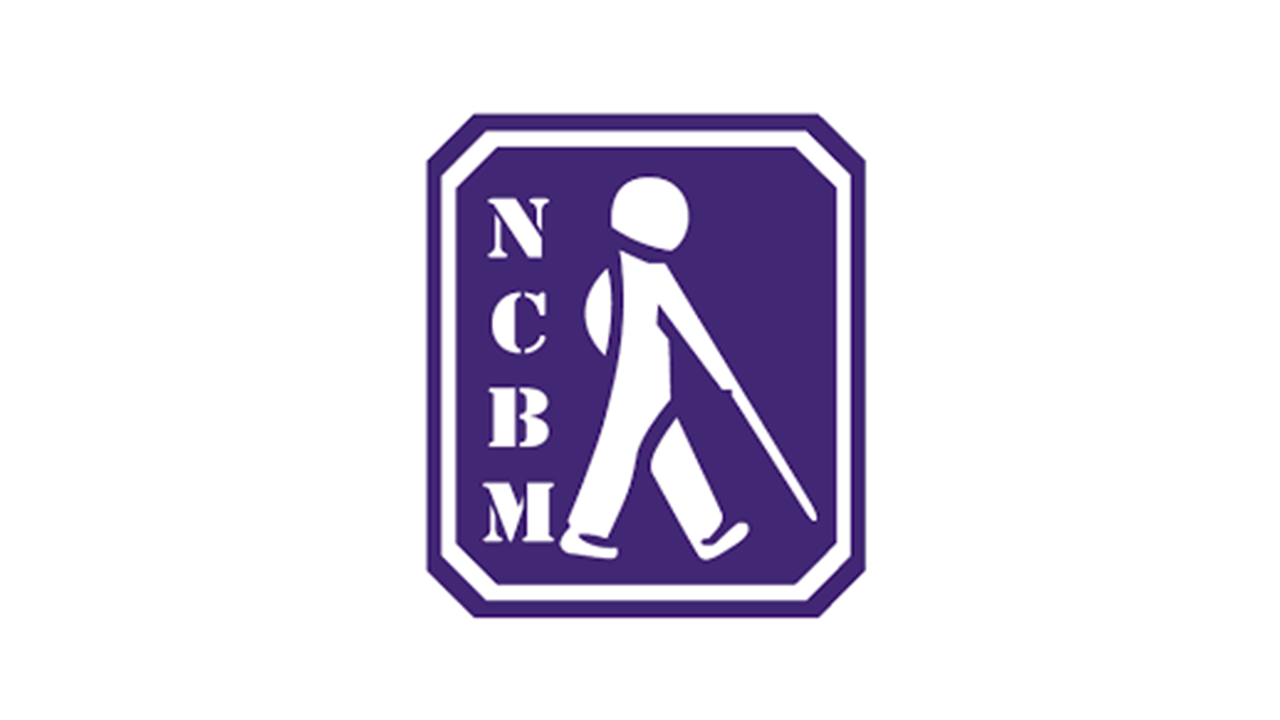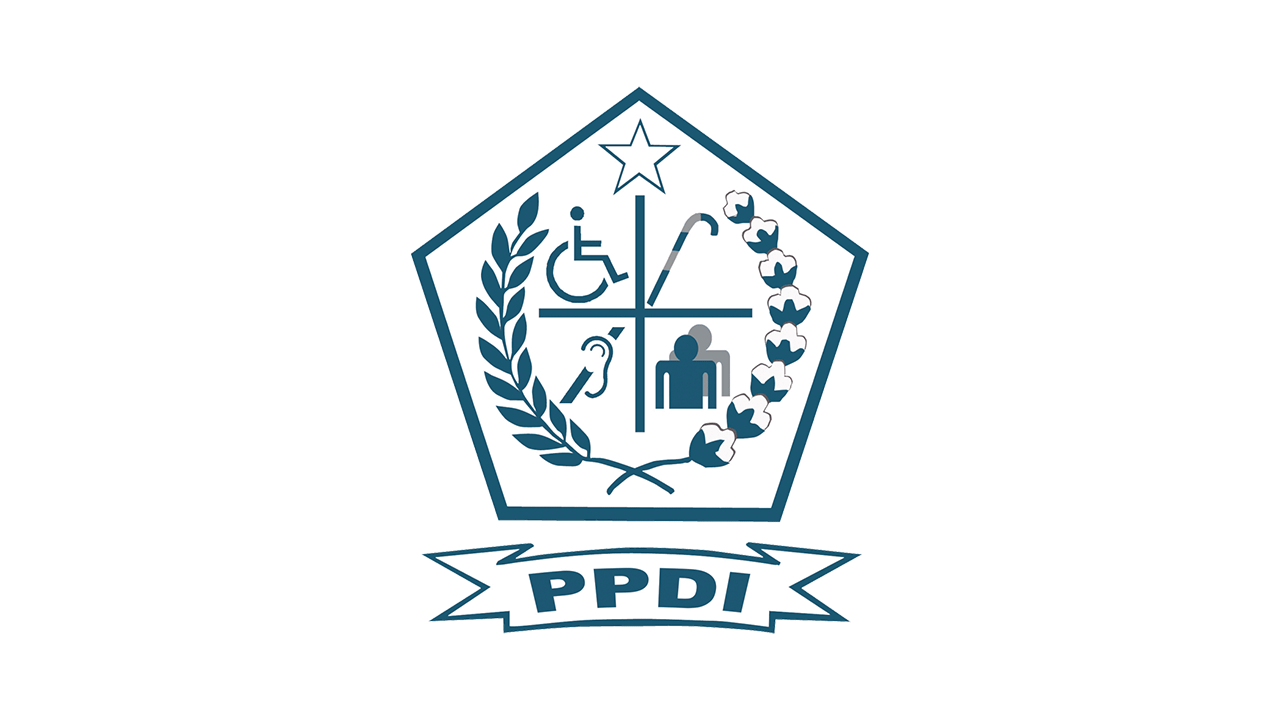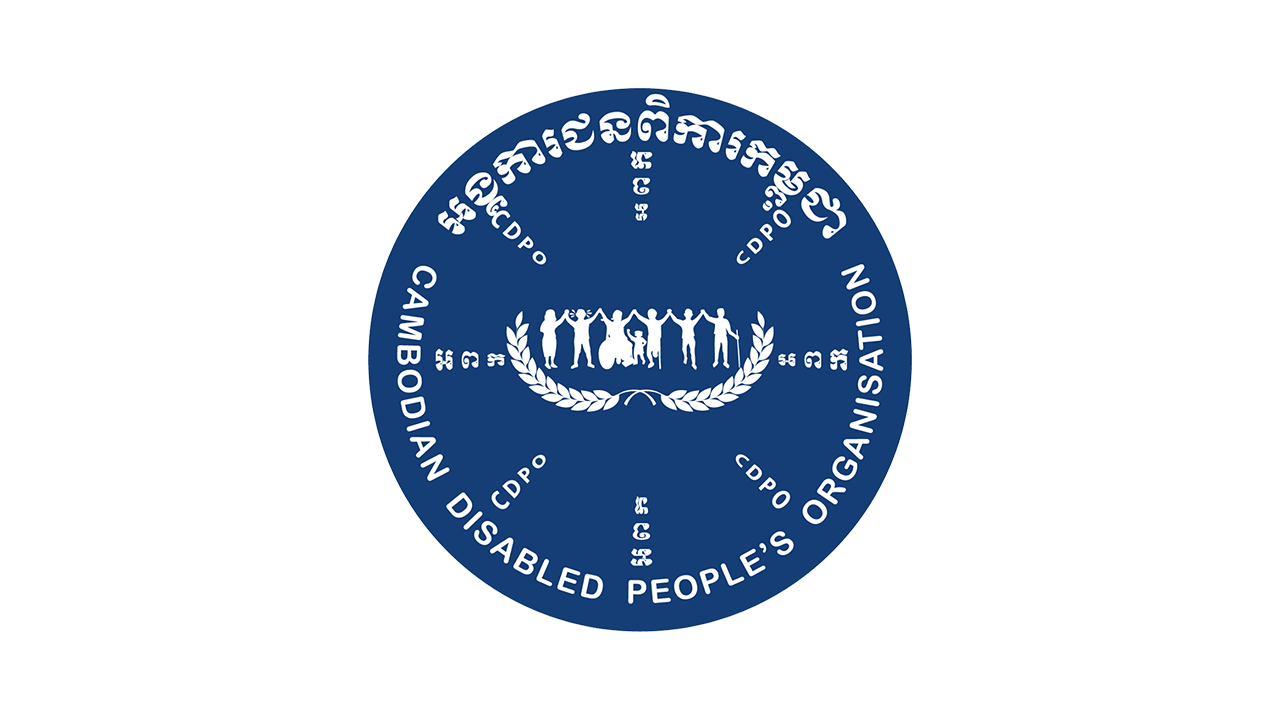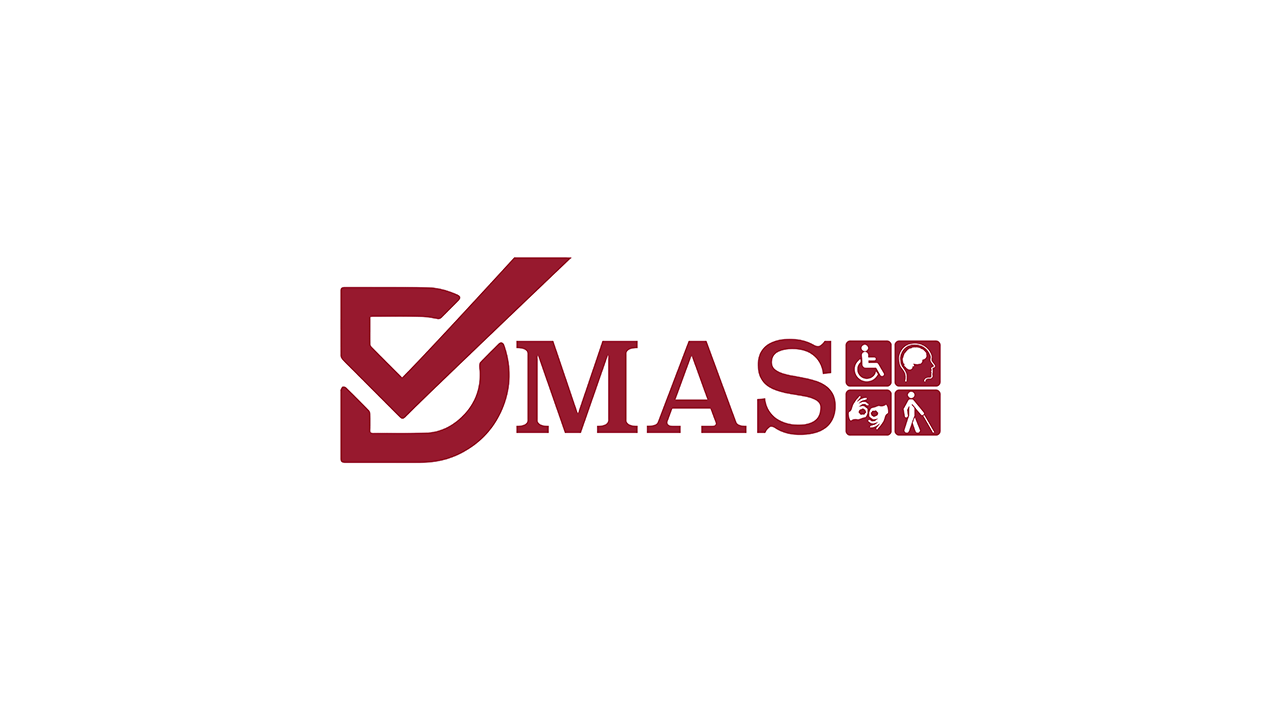A Network Across Five Countries
The AGENDA partnership has successfully brought together DPOs and CSOS from Cambodia, Indonesia, Myanmar, the Philippines, and Vietnam (former partnerships included organizations based in Laos, Malaysia, and Thailand). AGENDA has further established collaborations with academic programs such as American University’s Institute on Disability and Public Policy Program (IDPP) and Columbia University’s School of International Public Affairs (SIPA) to support program activities such as research and conferences.
Research Publication
2012 publication entitled Accessible Elections for Persons with Disabilities in Five Southeast Asian Countries shared the results of research conducted by AGENDA network organizations in Cambodia, Indonesia, Laos, the Philippines, and Vietnam. This research was the first systematic attempt to gather data on election access and good practices from across the region.
Producing the First Monitoring Checklist
The first checklist for monitoring election accessibility was developed and piloted in five local elections in Indonesia. It was then adapted for use in the Philippines, Cambodia and outside the region in the Dominican Republic, Nepal and Kosovo. DPOs around the world have translated the checklist into over 10 languages including Arabic, French, Spanish, Tamil and Farsi. In Indonesia, 410 observers were trained on disability access tools. Of these, 190 were women, which strengthened the experience and visibility of women—particularly women with disabilities—as active participants in their communities.
Training Election Administrators
AGENDA developed a training module for election administrators to increase awareness regarding electoral issues impacting the inclusion of persons with disabilities. AGENDA has trained 74 election officials using the module, including 22 in Indonesia, 32 in Cambodia and 20 in the Philippines.
Regional Dialogues
Two regional conferences were organized by AGENDA, which focused on strengthening democracy by removing barriers towards full political participation. The regional dialogues involved more than 370 stakeholder representatives and officials from 26 countries.
Recommendations for the ASEAN Declaration on Human Rights
AGENDA was the first representative of the disability community to submit recommendations to AICHR on civil and political rights for the ASEAN Human Rights Declaration (AHRD). This input carried the endorsement of 65 organizations in the region. AGENDA was actively involved in regional consultations with AICHR in Indonesia, Malaysia and the Philippines to strengthen disability inclusion principles in the AHRD.
Media Training
Responding to AGENDA outreach and advocacy, media organizations increased their engagement on the issue of accessible elections. AGENDA also trained journalists from the ASEAN region on access issues strengthening the content of media reports.
AGENDA drew on insights from the regional dialogues to highlight the importance of political participation at the Human Rights Council in Geneva (June 2013) and to contribute to the Asia-Pacific input on the “Realization of the Millennium Development Goals for Persons with Disabilities” at a UNESCAP conference in Bangkok (May 2013).
Human Rights Council
In June 2013, AGENDA’s Disability Rights Advisor spoke at the 23rd Session of the United Nations Human Rights Council in Geneva. Her attendance marked growing recognition and appreciation for the political rights of people with disabilities. During her speech, she underscored the importance of ensuring political rights for persons with disabilities.
A year prior, in April 2012, AGENDA was singled out by the Indonesian Deputy Foreign Minister at the Human Rights Council in Geneva as an outstanding project supported by the Indonesian Government, as well as the first regional initiative of its kind.









